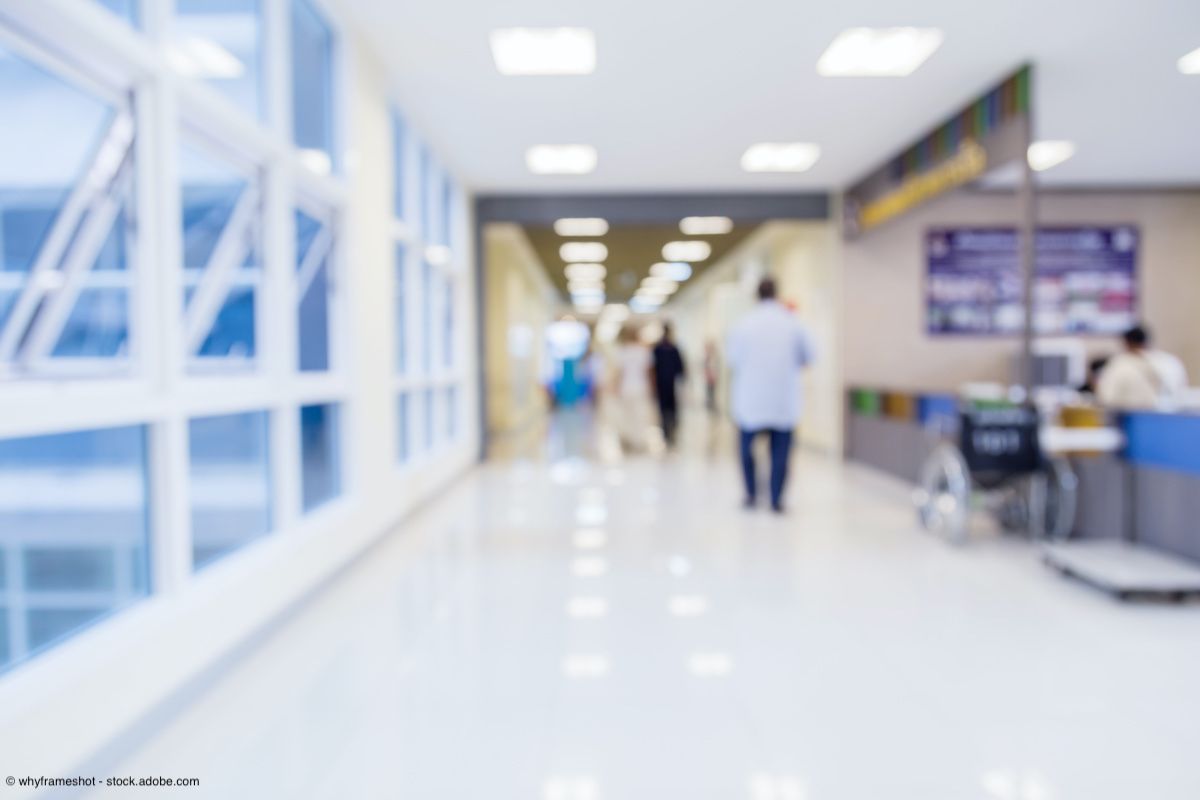Perioperative pregabalin does not decrease pain after ureteroscopy
"These results show urologists that in this setting, pregabalin shouldn’t be routinely used," says Geoffrey H. Rosen, MD.
The use of single-dose perioperative pregabalin in patients undergoing ureteroscopy did not decrease their postoperative pain scores, according to findings from a randomized controlled trial (NCT04122196) published in the Journal of Urology.1
The median age of patients in the pregabalin arm was 44 years, compared with 57 years in the placebo arm.

“We know patients who undergo ureteroscopy have pain, and this frequently necessitates visits and interventions. In this work, we hypothesized that the addition of single-dose perioperative pregabalin would decrease pain after ureteroscopy,” said lead author Geoffrey H. Rosen, MD, in correspondence with Urology Times®. Rosen is a former urology resident at the University of Missouri and is currently a urologist at the Portland VA Medical Center in Oregon.
The blinded, placebo-controlled study included 118 patients from June 2020 to July 2022 who were undergoing ureteroscopy with likely stent placement in a single institution. Participants were randomly assigned to receive 300 mg pregabalin or placebo at 1 hour prior to ureteroscopy.
The median age of patients in the pregabalin arm was 44 years, compared with 57 years in the placebo arm. There were no other significant differences in baseline characteristics between the 2 groups.
Participants’ clinical factors, pain scores, a proxy for cognition, patient satisfaction, and opioid prescribing were assessed in the 30 days following the procedure. The primary outcome was postoperative pain as determined by a visual analogue scale (VAS) at 1 hour after patients entered the post-anesthesia care unit. Secondary outcome measures included Watson clock drawing score (where a lower score represents better cognition), VAS at other time points, and 30-day medication prescribing.
Data showed that average pain scores following surgery among patients in the pregabalin arm was 3.7, compared with 2.0 among patients in the placebo arm (P = .004). This finding remained significant even after the investigators controlled for patient age and preoperative pain scores (adjusted P = .03).
The authors note, “In ureteroscopy, younger age has been shown to be associated with increased postoperative pain, with a 0.4-point difference for every 10 years of age. Therefore, our primary outcome is likely biased toward demonstrating more of a difference than there would be had the groups been balanced.”
In regard to secondary outcome measures, no significant differences were observed between the 2 cohorts in regard to postoperative cognition as determined by Watson clock test scores (P = .8), the time to discharge (P = .09), the proportion of patients who received opioids at discharge (P = .08), or the amount of opioids prescribed to patients at discharge (P = .06). The rate of ED visit or readmission at 30 days following surgery was 17% among patients who received pregabalin and 15% among patients who received placebo.
Further, patients’ postoperative pain at days 3, 7, and 30 did not vary significantly between the 2 groups. However, at day 7, patients in the pregabalin arm were significantly more likely to be satisfied with their pain control (P = .01).
Adverse events were experienced by 3% of patients in the placebo group, compared with 7% in the pregabalin group (P = .7).
Rosen concluded, “These results show urologists that in this setting, pregabalin shouldn’t be routinely used.”
Reference
1. Rosen GH, Hargis PA, Kahveci A, Lough C, Moss A, Golzy M, Murray K. Randomized controlled trial of single-dose perioperative pregabalin in ureteroscopy. J Urol. Published online June 12, 2023. Accessed August 24, 2023. doi:10.1097/JU.0000000000003572

Investigators prepare for first-in-human bladder transplant study
September 13th 2023"Our study is the first report of bladder auto-transplantation in heart-beating, brain-dead human research donors as a necessary preparatory step toward clinical bladder transplantation in living patients," says Inderbir S. Gill, MD.
Study set to explore the impact of peer-support for patients undergoing gender-affirming surgery
July 21st 2023"Extra support from trusted peers can help make navigating complex health care systems easier for transgender patients, who often have to wait years before receiving gender-affirming genital surgery—while also managing the stress and trauma associated with being part of a society that often doesn’t accept non-conforming gender expression,” says Geolani Dy, MD, FACS
